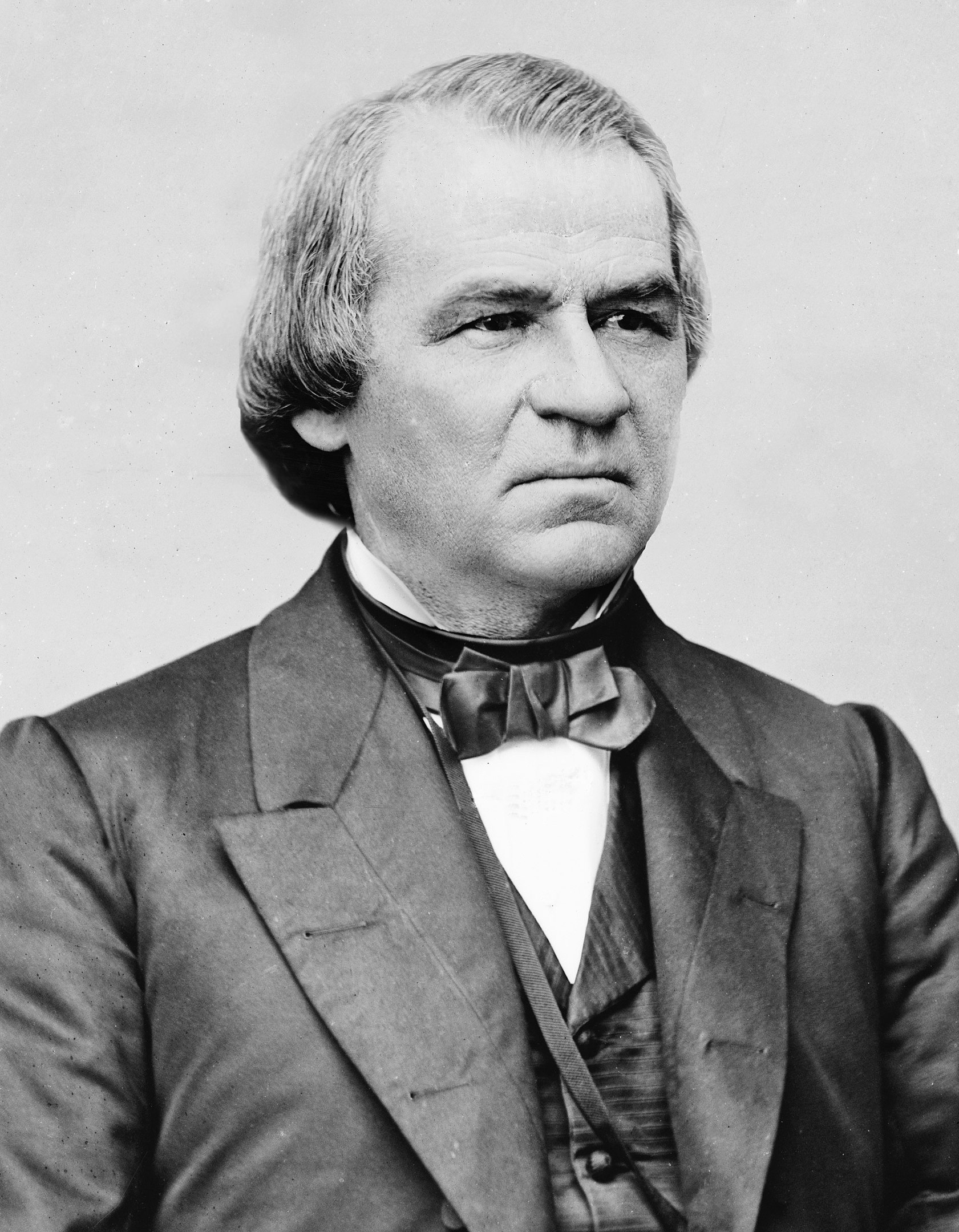Following President Abraham Lincoln was assassinated by John Wilkes Booth and died on April 15, 1865, Andrew Johnson assumed the presidency Andrew Johnson, is the vice president, was also targeted on that fateful night; however, his killer failed to show up. A couple of hours after Abraham Lincoln’s death, Andrew Johnson swore into Chief Justice Salmon P. Chase as the 17th president of the United States of America. Many Republicans felt relieved that Andrew Johnson was not killed and would continue the reconstruction vision of Abraham Lincoln.
Many were confident with his credibility to hold the presidency because of his political and administrative experience. They also believed in his leadership in confronting the fate of the defeated Confederate States. Questions arise whether the rights would be given to an estimated 4 million freed slaves and if there a punishment would be applied to the Confederacy supporters.
Before Abraham Lincoln’s death, Secretary of War Edwin Stanton presented the reconstruction program outline to the administration’s cabinet. It aims to impose military rule and rigid conditions on the defeated southern states to restore to the Union.
The Congress believed that Andrew Johnson was too lenient in his reconstruction policies. He even allowed former Confederate leaders to gain political positions, so the Congress refused to readmit the states approved by the president.
While the debate plays out in Congress, the Southern legislature enacted new laws, and one of them was the Black Codes. It created a harsh working condition towards the African-Americans and even denied their civil rights, including owning guns and assembling.
Many Republicans were enraged. On the other hand, Andrew Johnson assumed that it was the right of individual states to decide how African-Americans should be treated. Also, he does not support the black suffrage proposals or equal rights, which was evident throughout his presidential term.
Civil Rights Act of 1866
The Congress passed numerous bills that aimed to protect the newly freed slaves; however, one of them was the Civil Rights Act, which was vetoed by Andrew Johnson. This bill indicates that all people born in the United States were its citizens and contain inalienable rights, including the right to make contracts, own property, sue in court, and enjoy the full protection of federal law.
It was the first time in American history when Congress successfully overrode Andrew Johnson’ veto and ratified it into law in April 1866.
The 14th Amendment
On June 19, 1866, the Congress passed and sent. It addresses citizenship rights and equal protection under the law to respond to the former slaves’ issues after the Civil War. The states of the defeated confederacy hardly took the Amendment; however, they were forced to enact to regain their representation in Congress.
Freedman’s Bureau
It was formally known as the Bureau of Refugees, as well as Freedmen and Abandoned Lands. It was established in the Congress to aid millions of former black slaves, including poor whites, who lived in the south after the Civil War. The Freedman Bureau provided shelter, food, medical assistance, even established schools, and offered legal assistance. It also attempted to utilize the abandoned or confiscated land obtained during the war for former slaves to settle in. Unfortunately, the bureau was barred from implementing its program because of the shortage of funds and human resources, plus politics and the Reconstruction policies during this era.
On February 19, 1866, Andrew Johnson vetoed a bill which called to extend the Freedman’s Bureau, and on July 16, 1866, the Congress overrode President Andrew Johnson’s veto of the Freedmen’s Bureau Renewal.
Tennessee was readmitted
On July 24, 1866, Tennessee’s state was readmitted by the Congress to the Union after it ratified the 14th Amendment.
Swing around the Circle
On August 28, 1866, Andrew Johnson began his catastrophic speaking campaign as he attempted to regain the support of his lenient Reconstruction policies. The tour turned into a disaster as he returned to Washington, D.C., the president had broken his final tie with the North. His remaining supporters in the Congress were Democrat Southerners.
Violation of Tenure of Office Act
The Tenure of Office Act was designed to limit the president’s influence to shape his cabinet by requiring the Senate’s approval when appointing and dismissing a person from public office.
On December 12, 1867, Andrew Johnson submitted his petition to suspend Secretary Edwin Stanton to the Senate and replaced him with Ulysses Grant. On January 12, 1868, the Senate refused to concur with the president’s removal of Edwin Stanton. Eventually, on February 21, 1868, the president stubbornly removed Edwin Stanton and commissioned General Lorenzo Thomas to take over the War Department. Edwin Stanton refused to adhere to the president’s decision and hurdled himself in his cabinet office for almost two months. Due to President Andrew Johnson’s action of violating the Tenure of Office Act, an impeachment crisis rose.
Impeachment of Andrew Johnson
The House of Representatives reached a consensus to impeach the president and concentrated on his violation of the Tenure of Office Act on February 24, 1868. The vote was 126-47 to charge him without further hearings. Subsequently, the representatives drew eleven charges against him associated with his alleged violations.
From there on, Andrew Johnson was the first of three presidents to be impeached in American history.
US Presidents | ||
